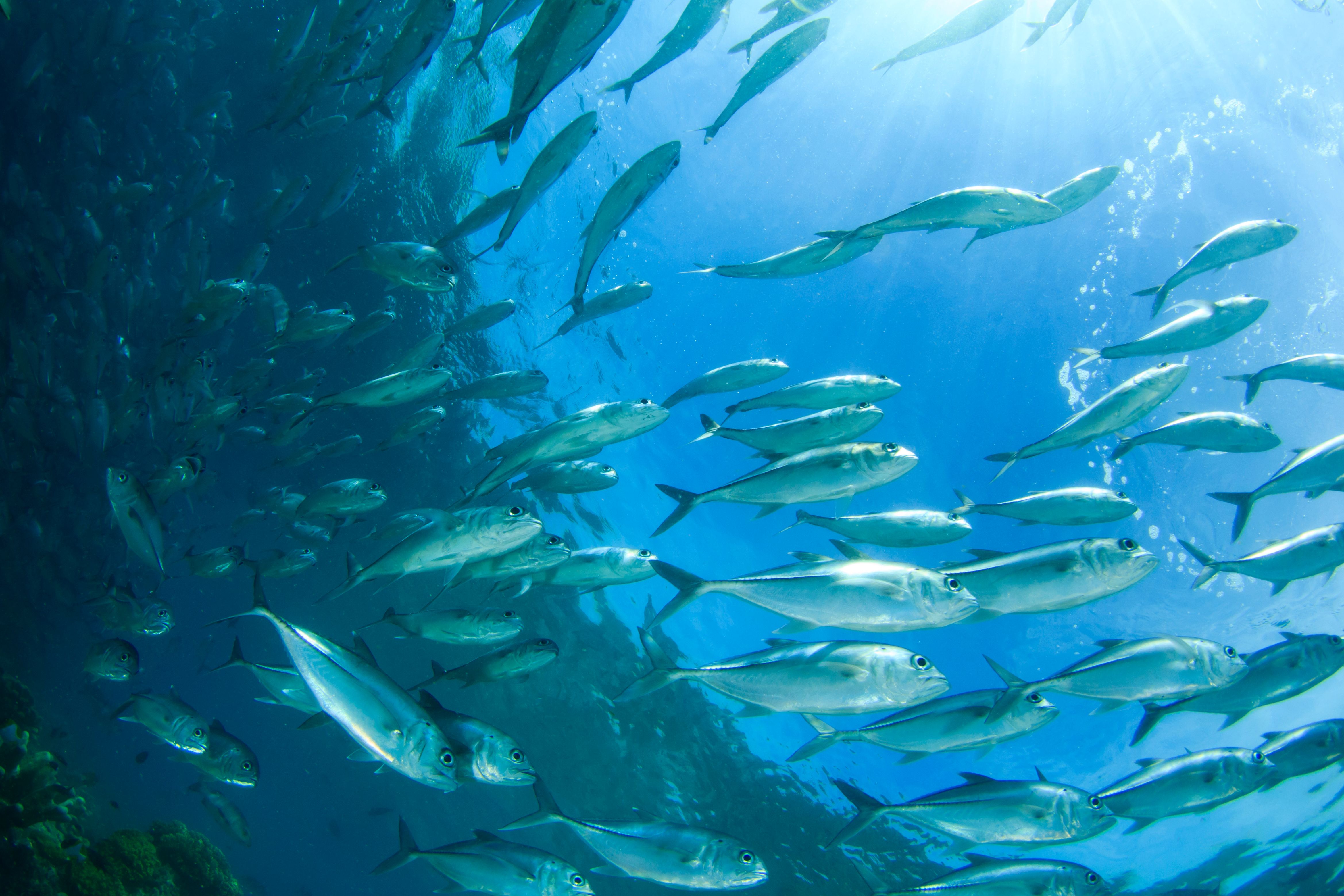Blockchain Innovations: Transforming Fisheries Management in Pacific Islands
Introduction to Blockchain in Fisheries Management
The Pacific Islands are renowned for their rich marine biodiversity and thriving fishing industries. However, managing these resources sustainably has always been a challenge. Enter blockchain technology, a revolutionary tool that is transforming fisheries management across these islands. By offering transparency, traceability, and efficiency, blockchain is set to redefine how fisheries operate in the Pacific.

Ensuring Transparency and Traceability
One of the primary advantages of blockchain technology is its ability to ensure transparency and traceability. This is crucial in fisheries management, where tracking the journey of fish from ocean to plate can be complex. With blockchain, every transaction and movement of fish can be recorded in a secure, immutable ledger. This not only helps in verifying the authenticity of the catch but also ensures that it meets sustainability standards.
Using blockchain, consumers can access detailed information about the fish they purchase, including where it was caught, how it was handled, and the supply chain it followed. This level of transparency fosters trust and encourages ethical practices within the industry.
Combating Illegal Fishing Practices
Illegal, unreported, and unregulated (IUU) fishing is a significant issue in the Pacific Islands, leading to economic losses and environmental damage. Blockchain technology can play a crucial role in combating these illegal practices by providing a reliable record of fishing activities. By using unique identifiers for vessels and catches, authorities can monitor and verify legal fishing operations more effectively.

Moreover, blockchain can facilitate real-time data sharing among stakeholders, including governments, fisheries, and international organizations. This collaborative approach ensures that any discrepancies or suspicious activities are quickly identified and addressed.
Enhancing Operational Efficiency
Beyond transparency and legality, blockchain technology also enhances operational efficiency within fisheries management. By automating processes such as data collection and reporting, blockchain reduces administrative burdens and minimizes human errors. This allows fisheries to focus more on sustainable practices and less on paperwork.
Furthermore, blockchain can streamline supply chain operations, reducing delays and costs. With accurate data readily available on the blockchain, logistics can be optimized, ensuring that fish reach markets in the freshest condition possible.
Empowering Local Communities
The adoption of blockchain in fisheries management is not just beneficial for businesses; it also empowers local communities. Many Pacific Island communities rely heavily on fishing for their livelihoods. By participating in blockchain networks, these communities can gain better access to markets and fair pricing for their catch.
Blockchain also provides educational opportunities, enabling local fishermen to learn about sustainable practices and the importance of transparency in the market. This knowledge transfer helps build resilient communities capable of managing their marine resources effectively.
The Future of Fisheries Management
The integration of blockchain technology into fisheries management in the Pacific Islands marks a significant step towards sustainable and efficient practices. As technology continues to evolve, its applications in fisheries are expected to expand further, offering new solutions to age-old challenges.
By embracing blockchain innovations, the Pacific Islands can lead the way in sustainable fisheries management, ensuring that their rich marine resources are preserved for generations to come. This transformation not only benefits the environment but also supports the economic prosperity of these island nations.
